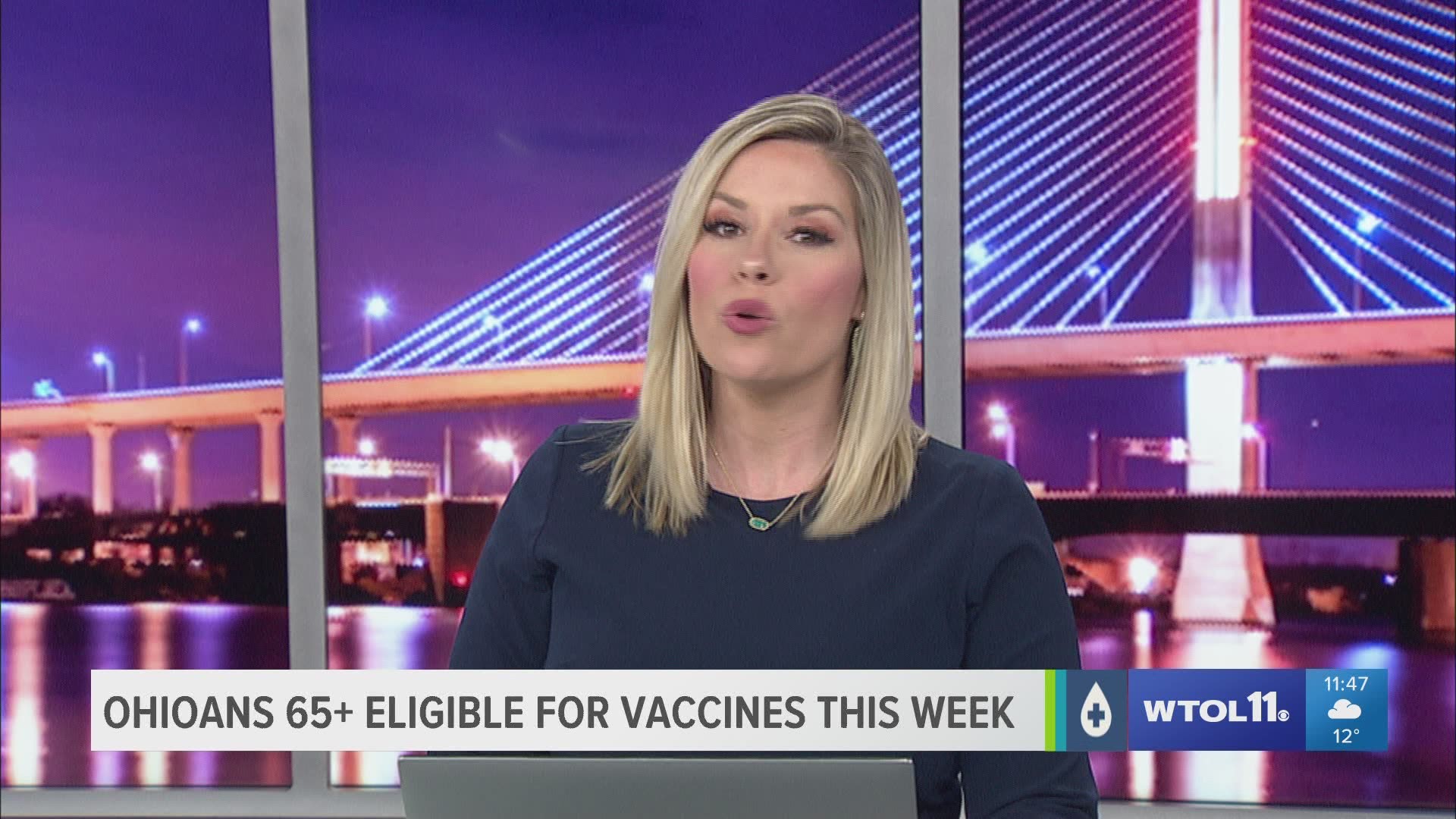Historical mistrust causes COVID-19 vaccine hesitancy among Black Ohioans, Americans
A December survey by the Kaiser Family Foundation found 35% of Black adults said they would probably or definitely not get vaccinated against COVID-19.
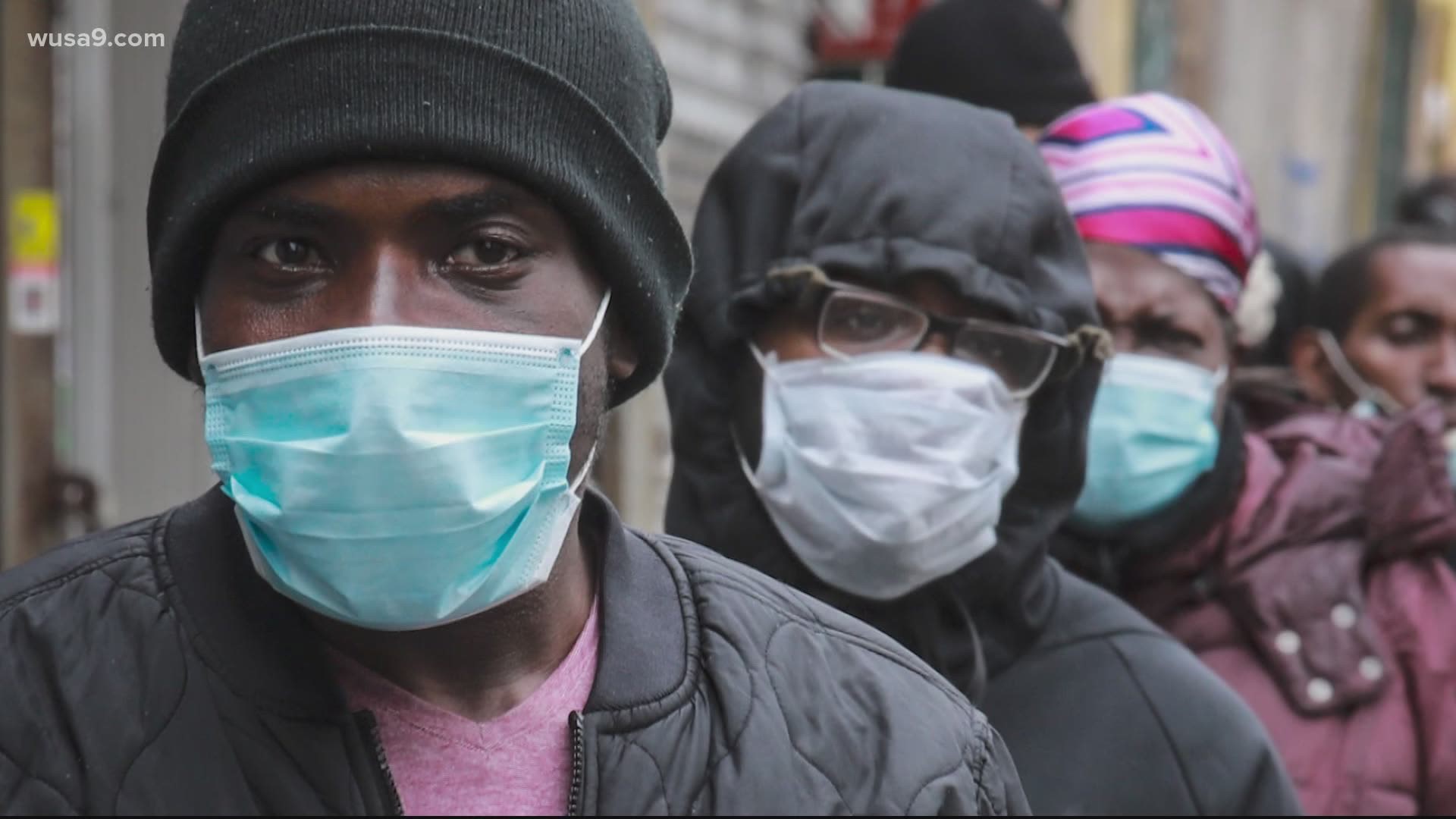
As the largest vaccination campaign in U.S. history continues, there is a group of individuals who say...not so fast: people of color.
WTOL 11 explored why that is and learned the hesitancy stems from longstanding wariness with the medical field.
Historical Mistrust Historical Mistrust

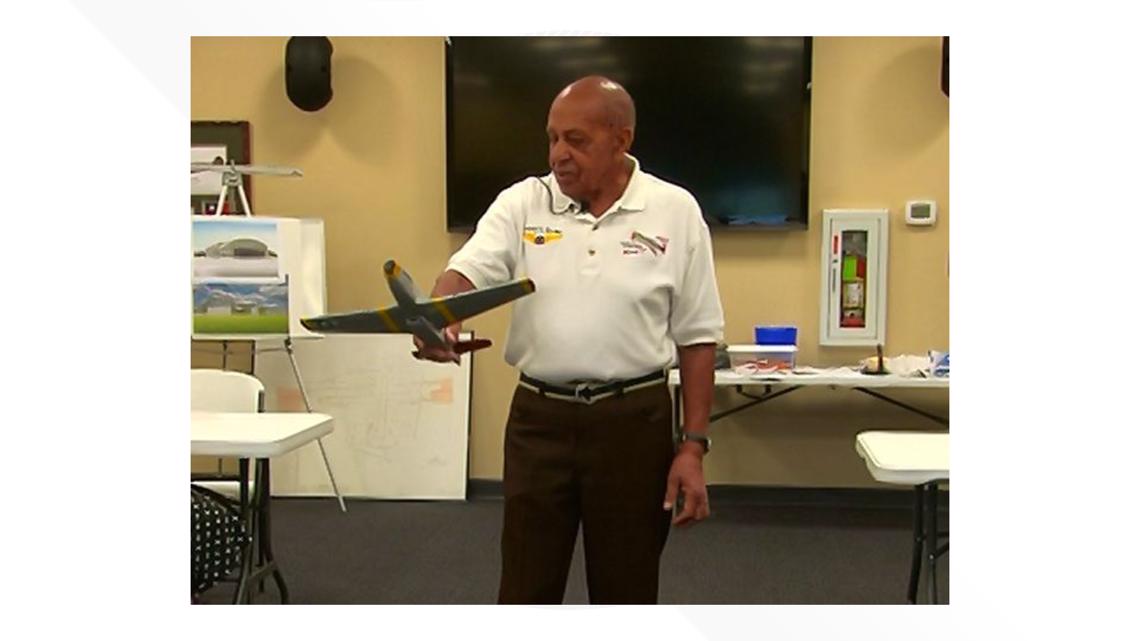
If you're in search of a living lesson in history, look no further than Port Clinton's own Harold Brown.
"I have seen a few things in my days. I've had a few experiences."
A modest way to say he's seen it all in his 95 years of life. Brown was a Tuskegee Airman, serving in World War II. He was stationed everywhere from Japan to Italy.
Brown fought for the red, white, and blue even when America saw folks who looked like him as disposable.
In the mid-20th century, hundreds of Black people were subject to an infamous health experiment called the Tuskegee Experiment, which originated in Tuskegee, Ala. They were injected with syphilis, tricked into believing the government was giving them free healthcare.
"Of course the participants had no idea of exactly what was going on with them. And this experiment actually went on for a very, very long time. It was formally withdrawn in, I think, 1972," said Doni Miller, CEO of the Neighborhood Health Association.
Miller said she often hears how people of color are hesitant to get vaccinated against COVID-19. People like 45-year-old Lonnie Hamilton of Toledo.
"It's extremely terrifying, especially in the Black community because we have been used, historically for such a long period of time, as guinea pigs," Hamilton said.


Hamilton spends most of his days working on the stock team at the FCA North Toledo Assembly Plant. He told WTOL 11 he takes the pandemic seriously but he's not yet sold on the vaccine.
"It's sad because we want to slow down the spread, we want to stop this thing in its tracks as they say," he explained. "But at the same time, we want to live and we don't want to have that adverse effect."
'We do need to do some recovery' 'We do need to do some recovery'

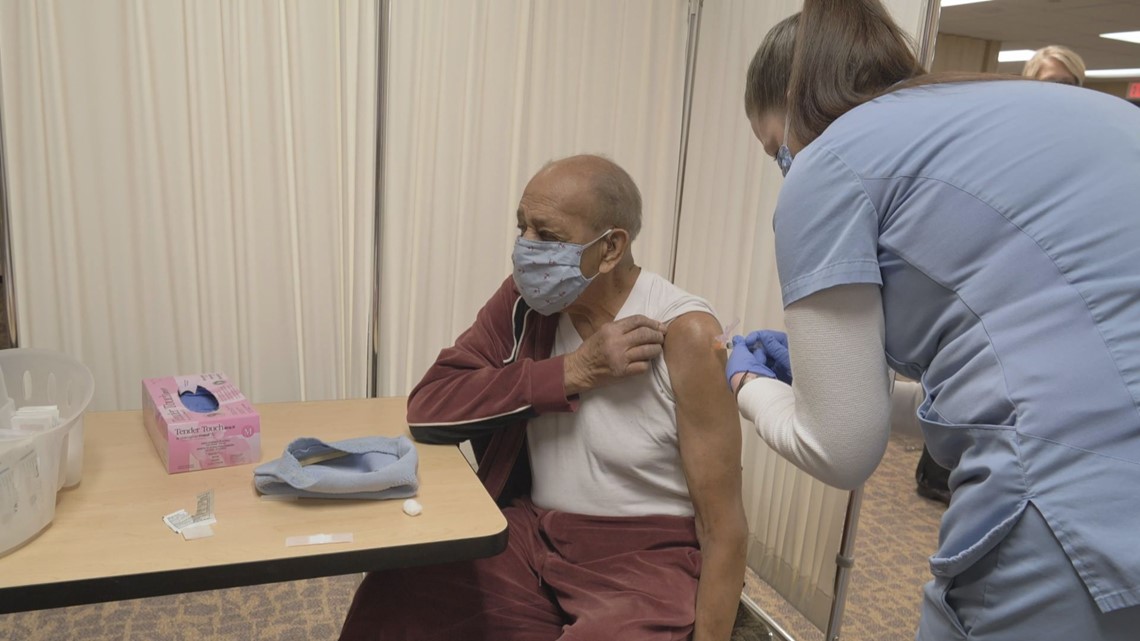
A December survey by the Kaiser Family Foundation found 35% of Black adults said they would probably or definitely not get vaccinated.
An Associated Press analysis found, as of Jan. 30, less than 6% of Black Ohioans have been vaccinated while more than 8% of the state's Black population was eligible.
Brown received his first dose of the COVID-19 vaccine but understands why others have chosen not to.
"Even to this day, there is a tremendous amount of distrust, which a lot of people looking like me feel," Brown said. "And they just do not trust the government, perhaps rightly so and I can understand where there would be some distrust."

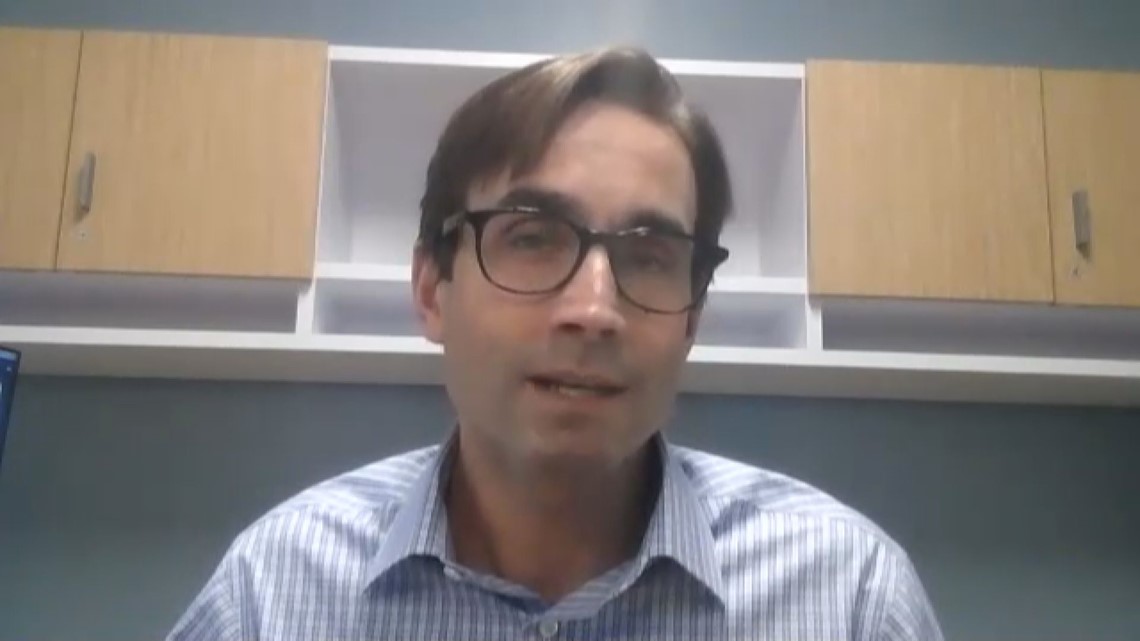
"We do need to do some recovery there, regain trust and make up for lost ground because of things that have happened in the past," said Dr. Brian Kaminski, ProMedica vice president of quality and patient safety.
When asked if there is anything that can be said or done to convince Hamilton the vaccines are safe, he said, "I would have to see more research. For me personally, it would just have to be more time."
Miller argued beyond that, there's a need for overall healthcare reform, meaning more data and better information.
"Educate yourself and at the end of the day you'll make the decision that's best for you and your family, and I really hope that it is one that gets you toward the vaccine," she said.


